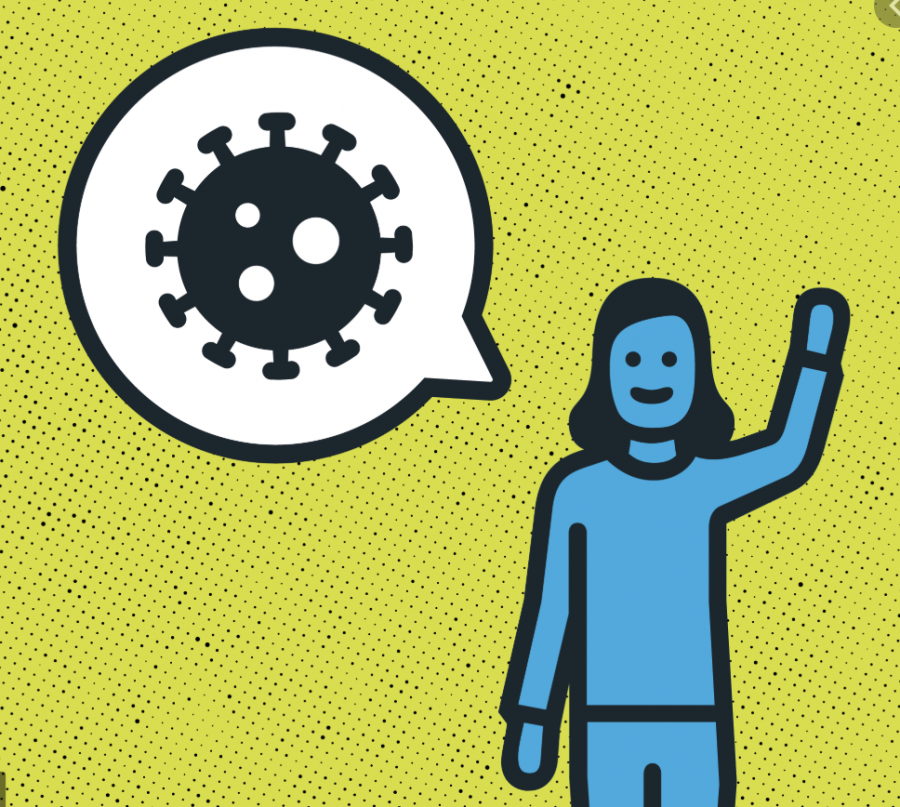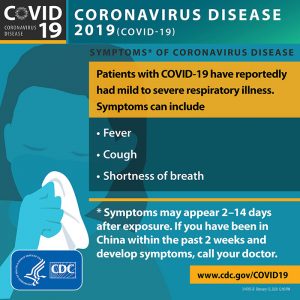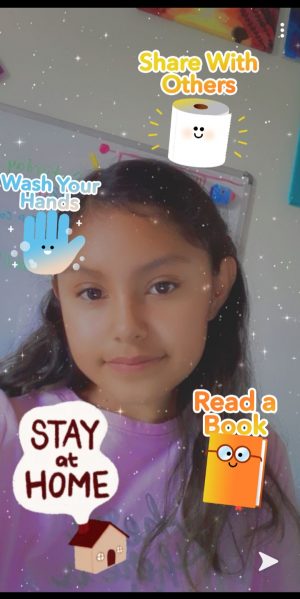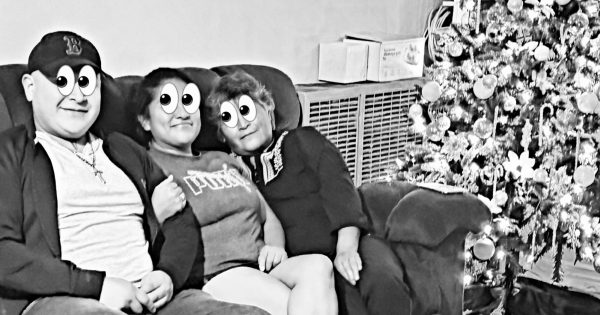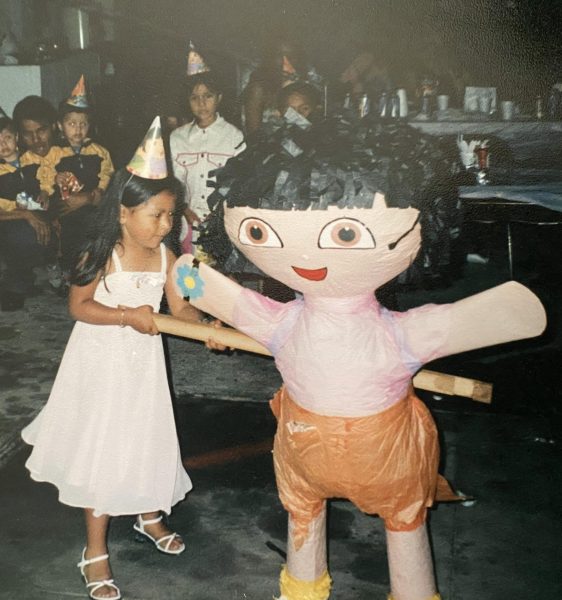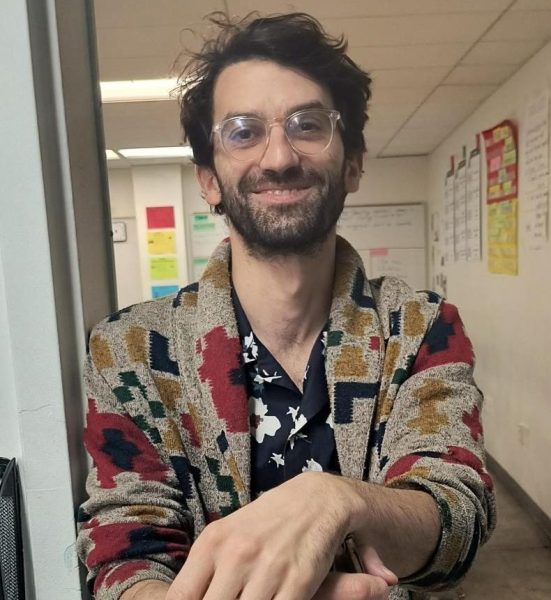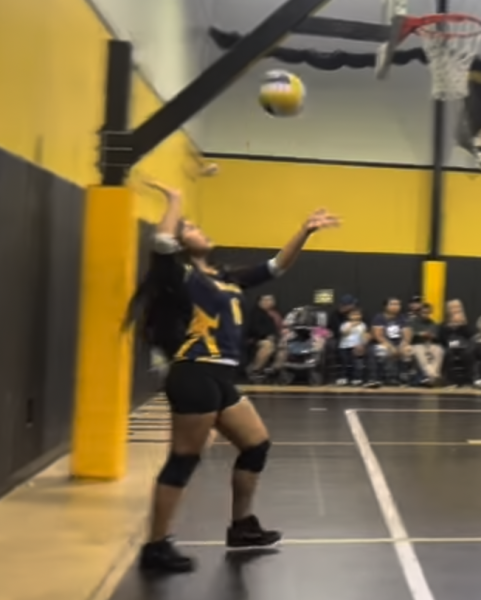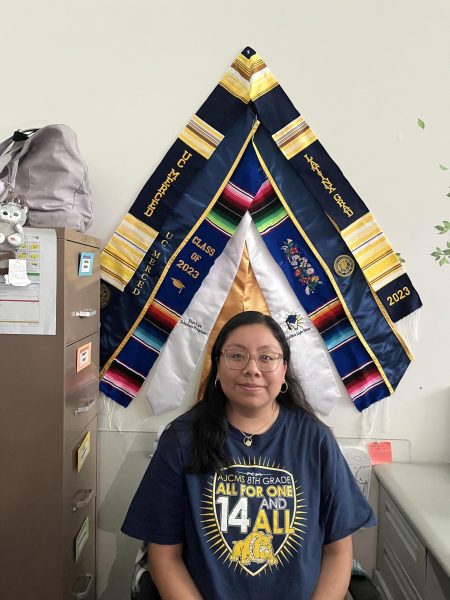Coronavirus and health: Your questions answered
UPDATED ON APRIL 28 at 9 pm. Edited by Yarelli Baez, Delailah Sigala, and Mr. Finer
Q: How can I or a family member get tested if we think we have COVID-19?
A: If you have a primary care physician, you should call your doctor and let them know. They will help you get tested.
You can also schedule yourself for a free test at a drive-up location here: Schedule a free covid-19 test
Q: What are the symptoms of coronavirus?
A: The most common symptoms are dry cough AND shortness of breath. Other less common symptoms include fever, chills, repeated shaking with chills, muscle pain, headache, sore throat, and loss of taste or smell.
Q: How long does it take for symptoms to show?
A: Symptoms may appear 2-14 days after exposure to the virus.
Q: Is there a vaccine or treatment for COVID-19?
A: No. At least, not yet. Since this is a novel (new) disease, no vaccine has been developed for it yet. There are also no effective treatments for it yet. Doctors can help manage the symptoms, and for severe cases, support patients with oxygen if they are struggling to breathe. That’s why social distancing and wearing masks has become so important – to limit contact with people, and thus limit the possibility of spreading the virus.
Q: How many cases of coronavirus are in the USA?
A: As of April 28, there have been 981,246 confirmed cases and 55,258 deaths. In California, there have been 43,464 confirmed cases and 1,755 deaths.
Q: Which celebrities and famous people have tested positive for COVID-19 (the illness caused by the new coronavirus)?
A:
- Actors: Tom Hanks and Rita Wilson, Olga Kurylenko, Idris Elba and Sabrina Dhowre, Kristofer Hivju, Rachel Mathews, Daniel Dae Kim, Indira Varma, Debi Mazor, Andy Cohen, Colton Underwood, Matt Doyle,
- Athletes: Kevin Durant, Donovan Mitchell, Marcus Smart, Rudy Gobert (NBA), Callum Hudson-Odoi (Chelsea), Daniele Rugani (Juventus), Blaise Matuidi (Juventus), Mikel Arteta (coach of Arsenal), Sean Payton (NFL), Brian Allen (LA Rams), Von Miller (Denver Broncos)
- Politicians: Prince Albert II of Monaco, Boris Johnson (British Prime Minister), Prince Charles of England, Sophie Gregoire Trudeau (wife of the Canadian Prime Minster), Senator Rand Paul, Francis Suarez (mayor of Miami)
- Musicians: Sam Smith, Pink, Charlotte Lawrence, Placido Domingo, Slim Thug, Scarface, Sarah Bareilles, Babyface, Sturgill Simpson, YNW Melly, Jackson Browne, Andrew Watt, John Prine (died)
- Other celebrities: J.K. Rowling (Harry Potter author), Joe Exotic (Tiger King), Harvey Weinstein, Arielle Charnas (fashion designer), Deray McKesson (Black Lives Matter activist), Chris Cuomo (CNN journalist), George Stephanopoulus (Good Morning America anchor), Doris Burke (ESPN NBA announcer), Nyle DiMarco (Dancing with the Stars), Jennifer Aydin (Real Housewives) Floyd Cardoz (Top Chef and Top Chef Masters, died)
Q: How did this coronavirus outbreak start? Where did it come from and what caused it?
A: The origin of this new coronavirus is Wuhan, China. Scientists have two theories about how it spread to humans:
1) The coronavirus is very similar to a virus that is common in bats. Scientists believe the virus may have been transferred from a bat to another animal (like a duck or pig), along the way mutating into its current form, before jumping from that second animal to humans.
2) The coronavirus could have started in an animal (possibly a pangolin, which is an armadillo-like mammal common in Asia) and then jumped to a human or to an intermediary animal (like a ferret or a civet) and then to a human. Once in a human, it may have evolved into a different and more dangerous virus.
Q: Why is the coronavirus referred to as COVID-19?
A: Technically, the name of the new virus is SARS-CoV-2 (severe acute respiratory syndrome coronavirus 2). There was a SARS-CoV-1, which caused an outbreak in 2003 that killed 774 people before being contained. This new virus today is genetically related to this original virus. The disease this virus causes is called COVID-19, as in “coronavirus disease – 2019.”
Q: How does coronavirus spread?
A: The new coronavirus is a respiratory virus. It primarily spreads when an infected person coughs or sneezes, expelling droplets containing the virus from their mouth or nose. Other people can be infected by breathing in those infected droplets. It is also possible (though much less likely) to be infected by touching a surface those droplets have landed on (like a countertop) and then touching your nose, mouth, or possibly eyes.
Q:Why is it important to wash your hands often?
A: Washing your hands can remove any of the virus on your hands! The ingredients in soap naturally break apart viruses. Soap contains a surfactant, which reduces the surface tension of any liquid it touches. Viruses are protected on the outside by a layer of fatty oil (called a lipid) that soap dissolves, breaking apart the virus. Just make sure you soap up and scrub your hands thoroughly, rinse them off to rinse away any virus, and dry your hands on a towel to wipe away any remaining virus. The key is the soap!
Q: Are the flu and coronavirus similar? If so, why can’t the flu vaccine help with the coronavirus?
A: Coronaviruses are a type of virus responsible for many illnesses, including the common cold. The flu is also caused by a virus (though a different kind). This particular coronavirus is brand new – it was never seen in humans before the recent outbreak that began in China in December. Thus, no vaccine or medicines have been developed yet, though there are investigations underway to develop treatments. The respiratory illness that this new virus can cause is called “COVID-19.”
Q: Which groups does coronavirus affect the most (elderly, adults, children, etc.)?
A: Research so far has shown that the elderly and people with pre-exisiting medical conditions (such as high blood pressure, diabetes, cancer, or lung diseases) are the most vulnerable. While most healthy people who develop COVID-19 only experience minor or moderate symptoms (fever, coughing, shortness of breathe), the problem is that, with no vaccine or treatment, and with our bodies not yet having any immunity to the virus, it easily spreads. Also, while some viruses present symptoms quickly, a person can be infected with this virus for as many as five or six days before showing symptoms.
That means even if many people who get the virus don’t get very sick, it can easily spread to your grandparents and other vulnerable people who could get very sick. And if too many people get sick at the same time, it could overwhelm hospitals, who wouldn’t be able to treat everyone at once.
Q: What is immunity and how will it prevent the coronavirus from spreading?
A: When your body’s immune system detects something unusual from outside your body (like bacteria or a virus), it learns to fight off those foreign substances. It creates proteins called antibodies that that combine with and neutralize these invaders. Since this coronavirus is brand new, nobody has been exposed to it before, so nobody has developed antibodies for it. However, the bodies of people who have already had this coronavirus will have developed antibodies for it, so if they get exposed again in the future, the body will have a “tool” to fight it off, thus making them immune to re-infection. Since this is new, scientists do not yet know how long this immunity lasts nor if it will be good against new strains of the virus.
